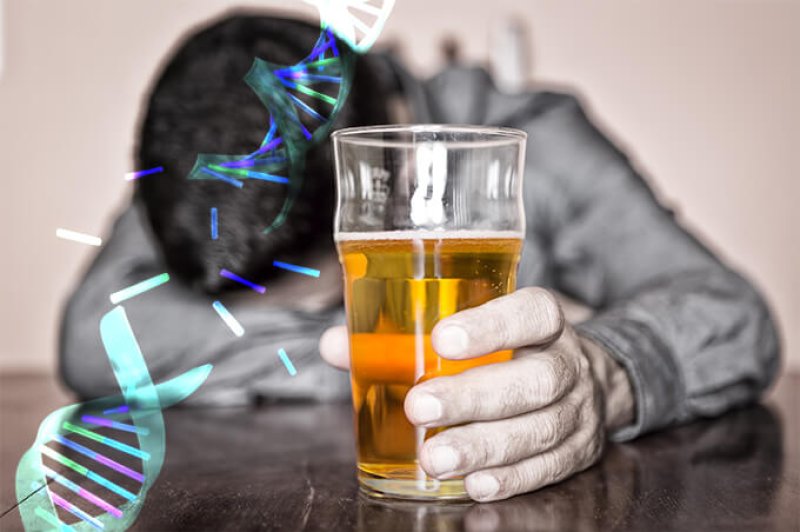Drinking alcohol raises the risk of cancer by damaging DNA, scientists have discovered for the first time, leading health experts to call for people to cut down on their consumption.
…
Now a new study by the Medical Research Council Laboratory of Molecular Biology at Cambridge University, has found that when the body processes alcohol it produces a chemical called acetaldehyde which is harmful to DNA. The damage happens in blood stem cells, which create the red and white blood cells that carry oxygen through the body and help fight infections. The researchers found that acetaldehyde snaps the DNA of stem cells, permanently altering the genetic code and triggering cancer.
…
Alcohol is linked to seven types of cancer: liver, breast, bowel, upper throat, mouth, oesophagal and larynx. To find out how alcohol damages the body, scientists gave diluted alcohol to mice then sequenced their DNA and analysed their chromosomes. They discovered that drinking causes genetic breaks which rearrange chromosomes, and alter the DNA blueprint which keeps the body healthy. Professor Ketan Patel, lead author of the study and said: “Some cancers develop due to DNA damage in stem cells.
…
The study also found that some people carry genetic mutations in two genes – aldh2 and Fancd2 – which make them even more susceptible to the effects of alcohol, making drinking far more dangerous.
Read full, original post: Drinking alcohol raises risk of cancer by snapping DNA, scientists find































